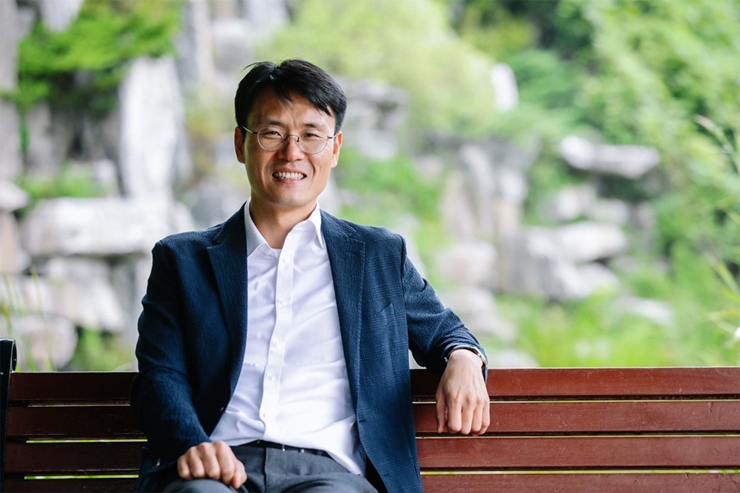A 5G telecommunications technology patent developed by Professor Suhan Choi (Department of Mobile Systems Engineering) has joined the 5G standard essential patent (SEP) pool of Avanci, a global company that manages SEPs in the area of information and telecommunications.

SEPs are patents that must be used when manufacturing products in line with 3GPP (The 3rd Generation Partnership Project), an international telecommunications standard development organization. This is the first time any Korean university has listed a telecommunications SEP in a certified patent pool.
Dr. Choi’s SEP is a data repeat transmission technology for 5G Ultra-Reliable and Low Latency Communications (URLLC). Repeatedly transmitting critical data that must be delivered rapidly, it is a core technology in realizing 1ms ultra-low latency in wireless communications which is required for 5G.
The 5G networks where Dr. Choi’s technology is applied can shorten delays in data transmission to one tenth the level of LTE. Supporting stable data transmission and reception allows it to be used in a wide range of industries, including autonomous driving vehicles, remote surgeries, remote control, unmanned aerial vehicles, smartphones, medical devices, IT·electronic devices, robots, and smart factories.
The technology was recognized in the global market by being included in the Avanci 5G pool through UUCOM, a company that specializes in business development for patents. Avanci’s 5G pool includes participation from licensors such as Samsung Electronics, Qualcomm, Sony, Nokia, and Huawei and licensees such as BMW, Mercedes-Benz, and Hyundai Motor Group.
“As the scope of 5G high-speed telecommunication network applications is spreading globally to various industries, this change will offer Korea the opportunity to strengthen our telecommunications technology and sharpen the competitiveness of our intellectual property in the global market,” explained Dr. Choi. He went on to say that “the Industry-University Cooperation Foundation identifies prospective technologies for securing SEPs to increase the share of patent applications overseas. It works with the Korean Intellectual Property Office’s Standard Essential Patent Generation Support Project carried out by KISTA (the Korea Intellectual property Strategy Agency) to support analysis of trends in technology standards and build profit generation models with the help of patent specialists and patent lawyers.”
“Avanci has many telecommunications technology patents that are essential in future automotives, requiring OEMs to pay royalty fees for the SEPs that go into producing a connected car,” explained Professor Wan-je Cho, head of the Industry-University Cooperation Foundation, who added that “when connected cars become more widespread, Professor Choi’s patents are projected to bring significant returns to DKU.”